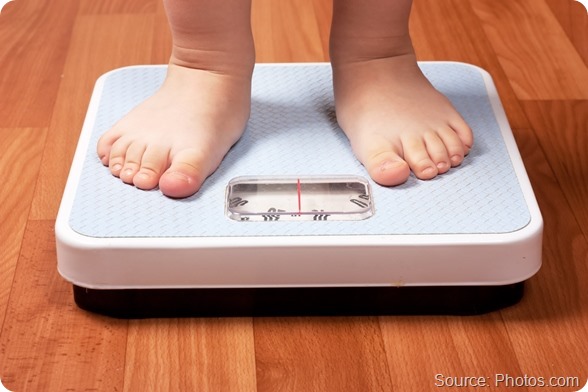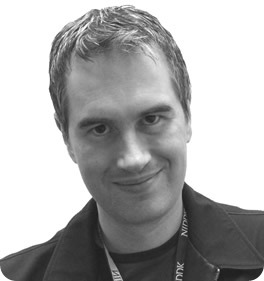Our research uses mathematical modelling to quantify calorie intake as children grow at a healthy rate as well as when they develop obesity.
We showed that the development of childhood obesity required a much greater increase in calories than previously thought since prior estimates did not properly account for metabolic changes as children grow.

How does the new model you have created differentiate between the healthy weight gain that is normal in childhood, and the excessive weight gain that results in overweight and obesity?
We started by developing an accurate model of normal metabolism and weight gain associated with healthy childhood growth. This involved understanding the different patterns of body fat changes in boys and girls as well as their differing rates of growth.
Next, we simulated how increasing the calorie intake above normal leads to excessive weight gain and obesity. We compared our model predictions to measurements from real children and found a close agreement thereby providing us with confidence in our model’s validity.
How does your model differ from existing models?
Our model is the first to accurately simulate both healthy weight gain during normal growth as well as excessive weight gain during the development of childhood obesity. Our model is also the first to simulate the effect of weight loss interventions in obese children.
Is it true that your research indicated that some children may be able to ‘outgrow’ obesity during periods of rapid growth?
Yes, we showed that there may be windows of therapeutic opportunity when children can outgrow obesity without necessarily losing weight.
By timing a weight management intervention over the course of a growth spurt, it may be possible to harness the power of growth to substantially reduce body fat while at the same time increasing muscle mass.
If the child isn’t too overweight at the start of the intervention, he may be able to outgrow obesity without even losing weight.
Why do you think fewer girls are able to outgrow obesity during periods of rapid growth?
Because boys typically have a higher growth potential than girls, we found that timing a weight management intervention to occur during a growth spurt might be particularly effective in overweight boys.
Nevertheless, overweight girls would also likely benefit from such a strategy but might have to lose some weight to normalize their body fat.

What impact do you think your research model will have?
We think that our model provides a new tool for researchers, clinicians, and public health investigators to relate calorie changes to bodyweight in children. In other words, our model helps explain the caloric equivalents of weight gain and loss in childhood.
The model can be used at a population level to better understand childhood obesity prevalence as well as at an individual level to help clinical management.
How important is the reduction of childhood obesity?
It is imperative to both our nation’s health and the economy that we reduce childhood obesity. Obese children tend to become obese adults and the duration of obesity likely has an impact on the risk of diabetes, cardiovascular diseases, and possibly some forms of cancer.
What plans do you have for further research into childhood obesity?
We hope to investigate the use of our model in the weight management of individual children. We would also like to form partnerships to create a version of our model that is more useable by clinicians and public health investigators.
What do you think the future holds with regards to the levels of childhood obesity?
The current levels of childhood obesity are much too high and appear to be stabilizing at these high levels in certain groups, while continuing to increase in others.
Where can readers find more information?
Our paper and an accompanying commentary can be found in The Lancet Diabetes & Endocrinology: http://www.thelancet.com/journals/landia/article/PIIS2213-8587%2813%2970051-2/abstract
About Dr. Kevin Hall
 Dr. Kevin Hall is a Senior Investigator at the National Institutes of Health (USA) and his main research interests are macronutrient metabolism, energy balance, and body weight regulation. His laboratory performs experiments in humans and rodents and develops mathematical models and computer simulations to help design, predict, and interpret the experimental data.
Dr. Kevin Hall is a Senior Investigator at the National Institutes of Health (USA) and his main research interests are macronutrient metabolism, energy balance, and body weight regulation. His laboratory performs experiments in humans and rodents and develops mathematical models and computer simulations to help design, predict, and interpret the experimental data.
Dr. Hall's mathematical models of human body weight dynamics have been used to quantify the energy imbalance underlying the obesity epidemic and predict how interventions will impact body weight and composition in individuals as well as entire populations.
Dr. Hall is the recipient of the Lilly Scientific Achievement Award from The Obesity Society, the Guyton Award for Excellence in Integrative Physiology from the American Society of Physiology, and his award-winning Body Weight Simulator (http://bwsimulator.niddk.nih.gov) has been used by a million people to help predict how diet and physical activity dynamically interact to affect human body weight.